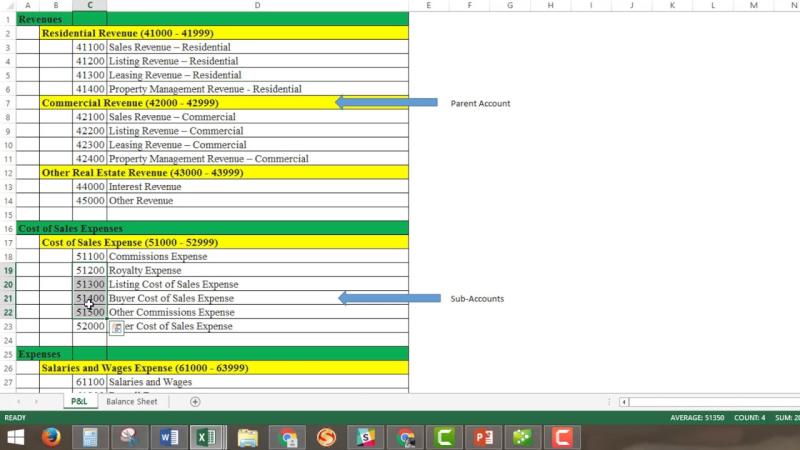How do you set up an estate checking account?
Setting up an estate checking account involves several steps, and the process can vary based on the laws and regulations of the jurisdiction where the estate is being administered. Generally, the following steps are involved:
Obtain a Death Certificate:
- Before you can set up an estate checking account, you typically need a copy of the deceased person's death certificate. This document is usually required by financial institutions as part of the account setup process.
Obtain Letters Testamentary or Letters of Administration:
- You will need legal documentation proving that you have the authority to act on behalf of the deceased person's estate. This could be Letters Testamentary (if there is a will) or Letters of Administration (if there is no will). These documents are usually issued by the probate court.
Gather Necessary Documents:
- Bring the death certificate, Letters Testamentary or Letters of Administration, and any other required legal documents to the bank where you plan to open the estate checking account. The bank will let you know what specific documentation they require.
Choose the Bank and Type of Account:
- Select a bank that offers estate checking accounts and make sure they can provide the services you need. Some banks have specific accounts designed for managing estates. Speak with a representative to discuss your requirements.
Visit the Bank in Person:
- In most cases, you'll need to visit the bank in person to open an estate checking account. Bring all necessary documents, including identification, the death certificate, and the legal documents establishing your authority.
Provide Personal Information:
- You may need to provide personal information about yourself, including identification, social security number, and contact details. This is standard procedure for opening any type of bank account.
Deposit Funds:
- Make an initial deposit into the estate checking account. This might come from the deceased person's existing accounts or other estate assets.
Manage the Account:
- Once the account is set up, you'll use it to manage the financial affairs of the estate. This includes paying bills, distributing assets, and handling other financial transactions related to the estate.
Remember that the specific requirements and procedures can vary, so it's advisable to contact the bank where you plan to open the estate checking account to get detailed information based on your location and circumstances. Additionally, consulting with an attorney or financial advisor experienced in estate planning and probate matters can be beneficial during this process.
How can one set up a checking account for an estate?
Setting up a checking account for an estate involves several steps, including:
Obtaining a death certificate: The first step is to obtain a copy of the death certificate for the deceased individual. This document will be required by the bank to verify the death and establish the estate.
Appointing an executor or personal representative: An executor or personal representative is responsible for handling the legal and financial affairs of the estate. This individual is typically named in the deceased's will and is responsible for opening the estate checking account and managing the funds.
Choosing a bank: Once an executor or personal representative has been appointed, they can choose a bank to open the estate checking account. It is advisable to compare interest rates, fees, and services offered by different banks to find the best option for the estate's needs.
Gathering documentation: The executor or personal representative will need to gather various documents to open the estate checking account. These documents may include:
- The deceased's death certificate
- A certified copy of the will (if applicable)
- Proof of appointment as executor or personal representative
- Proof of identity for the executor or personal representative
- Social Security number for the deceased
- Tax identification number for the estate
Completing the account application: The executor or personal representative will need to complete an account application form for the estate checking account. This form typically requests information about the deceased, the executor, and the estate.
Making an initial deposit: To open the estate checking account, an initial deposit will be required. The amount of the deposit may vary depending on the bank's policies.
Once these steps have been completed, the estate checking account will be open and ready for use. The executor or personal representative can use the account to manage the estate's finances, pay bills, and distribute assets to beneficiaries.
What are the steps involved in establishing an estate checking account?
The steps involved in establishing an estate checking account are as follows:
Obtain a death certificate
Appoint an executor or personal representative
Choose a bank
Gather documentation
Complete the account application
Make an initial deposit
Are there specific banking institutions that specialize in estate checking accounts?
Yes, there are some banking institutions that specialize in estate checking accounts. These banks typically offer services that are tailored to the needs of executors and personal representatives, such as:
Waiver of fees: Some banks may waive fees for estate checking accounts, such as monthly maintenance fees or check fees.
Online account management: Most banks offer online account management tools that allow executors and personal representatives to access and manage the estate's account from anywhere.
Dedicated customer service: Some banks may have dedicated customer service representatives who specialize in estate checking accounts and can provide assistance to executors and personal representatives.
When choosing a bank for an estate checking account, it is advisable to compare the services offered by different banks to find the best option for the estate's needs. It is also important to consider the bank's reputation and financial stability.
What documentation or information is needed to create an estate checking account?
The documentation or information needed to create an estate checking account typically includes:
Death certificate of the deceased
Certified copy of the will (if applicable)
Proof of appointment as executor or personal representative
Proof of identity for the executor or personal representative
Social Security number for the deceased
Tax identification number for the estate
Additional documentation may be required depending on the bank's policies. It is advisable to contact the bank in advance to inquire about their specific requirements.
Are there restrictions or limitations on estate checking accounts?
Yes, there are some restrictions or limitations on estate checking accounts. These restrictions vary from bank to bank, but some common restrictions include:
Limited access to funds: Estate checking accounts may have limited access to funds, such as restrictions on daily withdrawals or ATM withdrawals.
Minimum balance requirements: Estate checking accounts may have minimum balance requirements that must be maintained to avoid fees.
Account closure after a certain period: Estate checking accounts may be closed after a certain period, such as after the estate has been settled.
It is important to carefully review the terms and conditions of an estate checking account before opening one to understand any restrictions or limitations that may apply.













